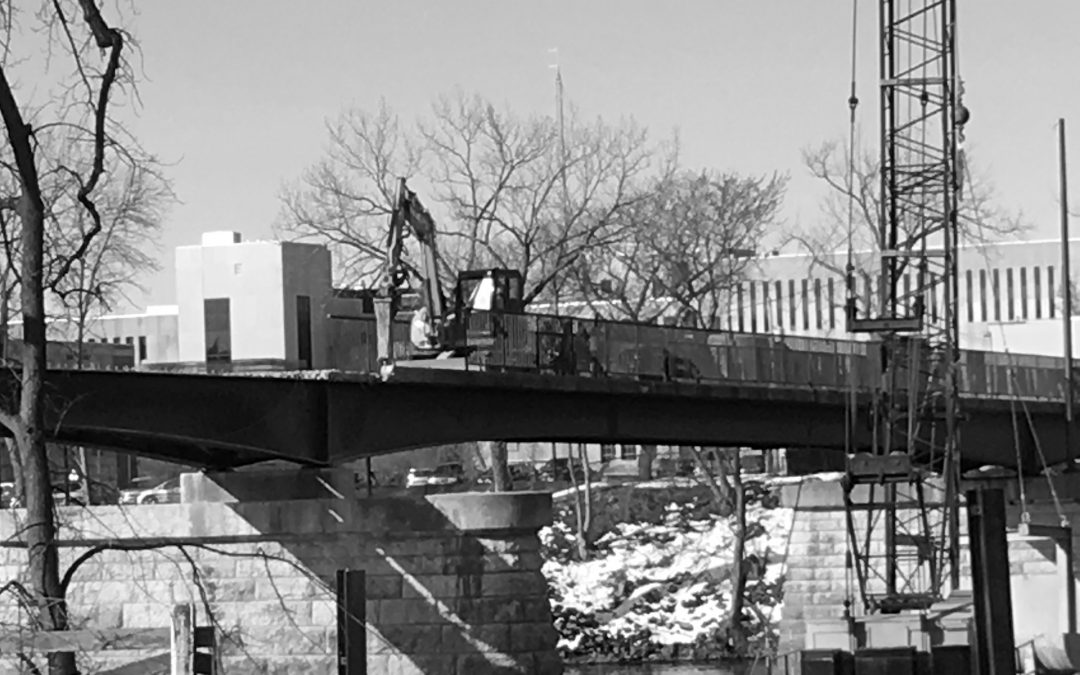This concept cannot be stressed enough.
The need for a base is perhaps the most important and initial phase of any endeavor with an aim of betterment. Betterment, be it more professional success, better health, life satisfaction, intimate relationships, (fill in the concept you have of yourself that is loftier than your current situation) requires change. And, very often imbedded in the change are challenges. And this is why the concept and adoption of a base is so important.
Having a base does a few things. First, it gives you a ground upon which to build. It provides the structure needed to enact discipline. This base is not the motivation part – it is the nuts and bolts part. Second, it offers security. Knowing you have a base that can be returned to allows more confidence in facing the challenges. This may seem obvious, but what may not be obvious is the actual construction of your base. What are the specific components of it, and have you detailed them in your life?
Think about the bridge along your daily commute. Do you understand how the bridge is supported? You don’t have to be an engineer to drive across the 10th Street bridge, and trust that you make it across safely. Trust is placed in the actual engineers and building contractors that the structure is supported and safe. But what about your own life? Who is the engineer and who are the contractors? You are, so it would probably serve you well to know the details!
So what the hell do I mean by a base?
Well, for me personally, I mean physically working out and nutrition. These are my bases. Everything else revolves around them and they ALWAYS get done. They are not hindered by distraction (phones, friends, family, etc.). My physical activity is planned for every day and I know what it is I’m doing daily according to that plan. Typically it is the first thing I do each day (in part to make sure it gets done, among other reasons).
No matter what, I know I can always return to this base when shit goes bad (which it will).
I can adapt this base if needed (injury, life-circumstances cropping up, etc.). But when I do this base activity there is a sense of being more complete and ready. Ready to address the challenges that naturally come about from change. Change, which again, is needed to achieve something you do not currently have.
I readily grant this whole idea of a base may just be a psychological construct arbitrarily created…so what? It works. I’ve advised clients at very low points of depression and despair, with significant lack of any motivation, to just get up and make thier beds. Have this act be their base. Just make your bed every day, first thing (I’m sure I heard this idea somewhere and wish I could give credit).
Your base should not be the goal, it should be the foundation – the lowest level. Sure the activity may lead to a particular goal, but that’s not the point.
Your base is a selfish minimal thing that is yours and only yours – the security blanket from your youth, but now in adult form.
Your security blanket is now an activity (working out, eating right, reading, meditation, breathing techniques, whatever). An activity allows for distance from the rest of your life – a break. In doing your base, you isolate yourself from your other responsibility for a set amount of time. This is not running away, just allowing a calculated retreat and reset.
And how does all this pertain to therapy? Well, often as we progress toward our therapeutic goals, there can be the challenge of facing uncomfortable or threatening ideas, thoughts, realizations, beliefs, feelings, etc. At times they can be quite intense. Having a base offers firm footing from which to confront and overcome these challenges.
There’s an old saying: While slaying dragons be sure to stand on firm ground.
So what is your base?

